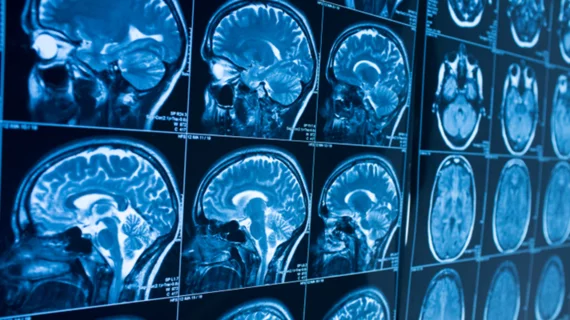RSNA announces winners of its brain tumor AI challenge
The Radiological Society of North America on Tuesday announced the winners of its brain tumor AI challenge, where teams developed models to complete two different tasks using a single dataset of brain MRI scans.
To conduct the competition, RSNA partnered with the Medical Image Computing and Computer Assisted Interventions Society (MICCAI) and the American Society of Neuroradiology (ASNR).
The challenge was broken down into two separate tasks—a segmentation task and a radiogenomic classification task.
The competition garnered the participation of more than 2,700 teams from five different continents. The eight best performing AI models for each task will split a $60,000 prize provided by RSNA, Intel Corporation and Neosoma.
“We were really honored to have so many expert volunteers believing in this competition and generating gold standard annotations. They create the potential for machine learning algorithms to identify accurately and reproducibly the tumor extent, and hence directly contribute to patient treatment, management and prognosis,” said Spyridon Bakas, PhD, assistant professor in the Departments of Radiology and Pathology & Laboratory Medicine at the University of Pennsylvania's Perelman School of Medicine in Philadelphia, who helped lead the challenges.
The winning teams are listed below.
Segmentation Task:
- KAIST-MRI-Lab
- deepX
- mfnv
- NVAUTO
- FightBrainTumor
- Future-Processing-Healthcare
- NGresearch
- NPU_PITT
Radiogenomic Classification Task:
- Tunisia.ai
- Minh Phan
- Cedric Soares
- Leaky Folds
- random
- Train4Ever
- Igor Lashkov
- ArturHugo
In addition, the Education Merit Award was handed to one team for each separate task. DeepX received the award for the segmentation task and Train4Ever won for the Radiogenomic classification task.
The winners will be recognized at the annual RSNA meeting on November 29th.

